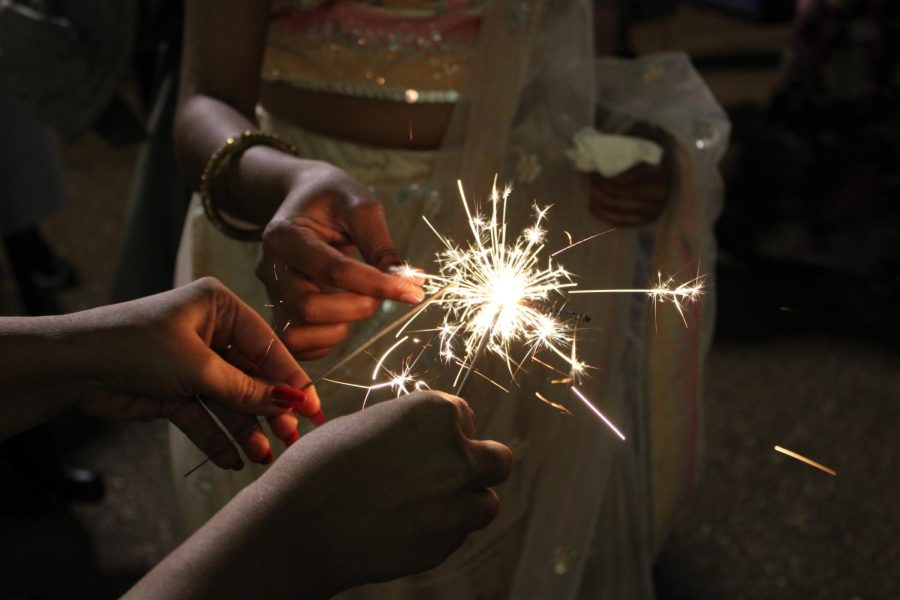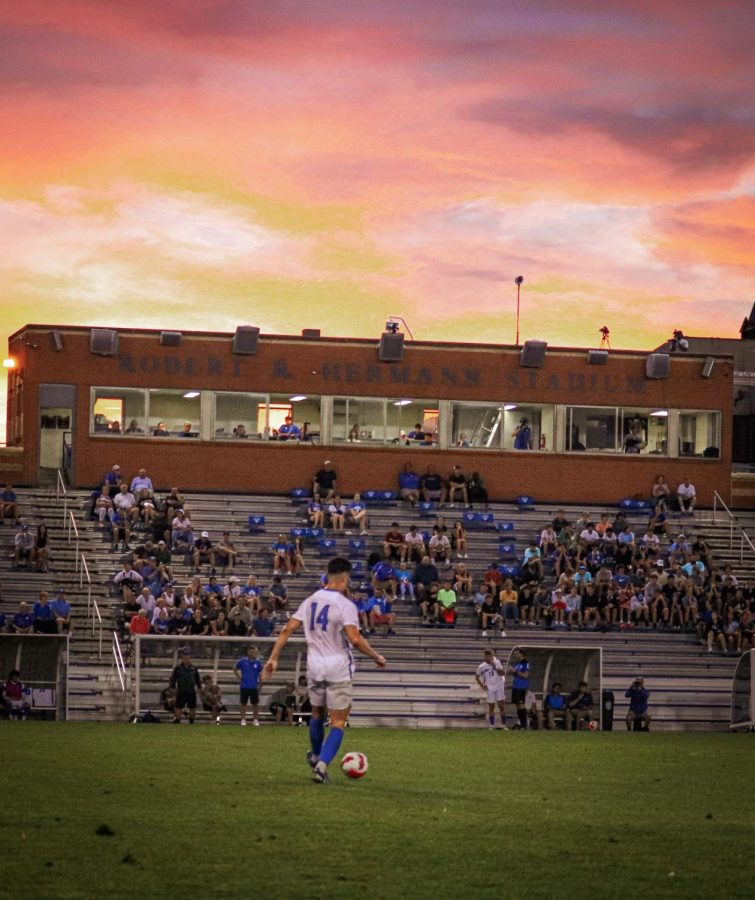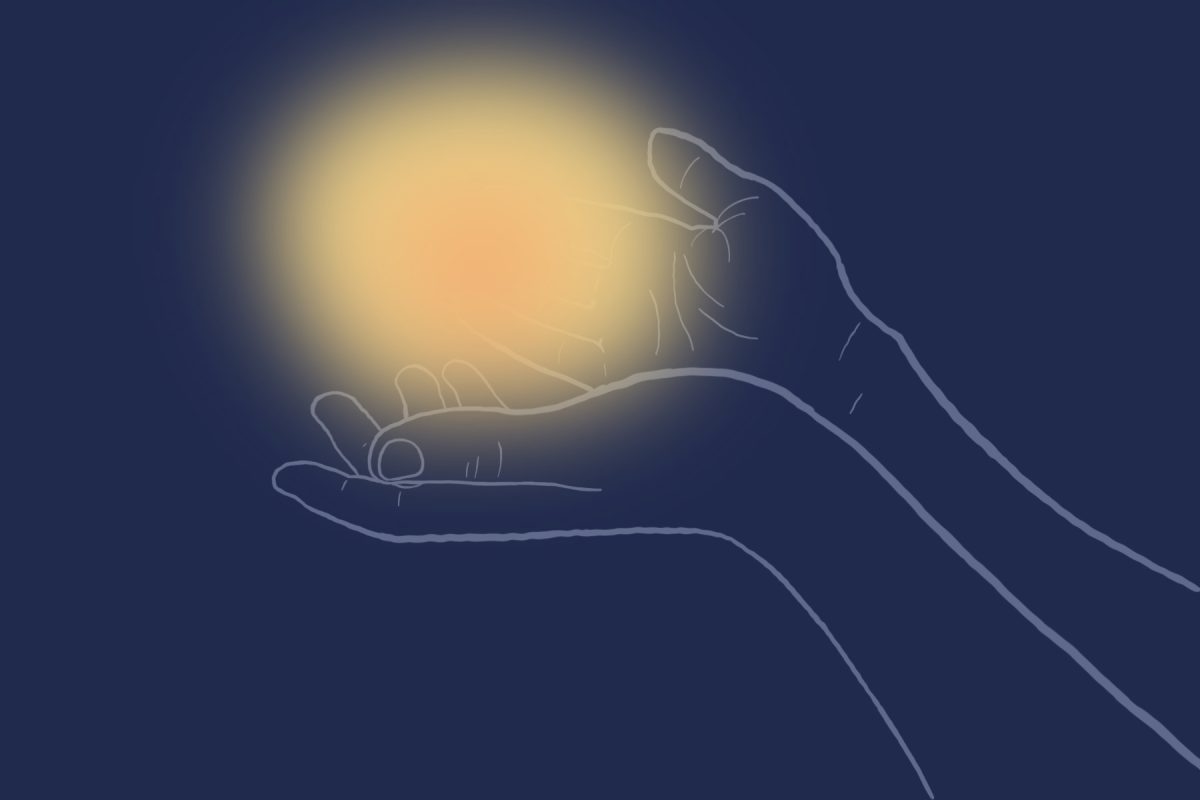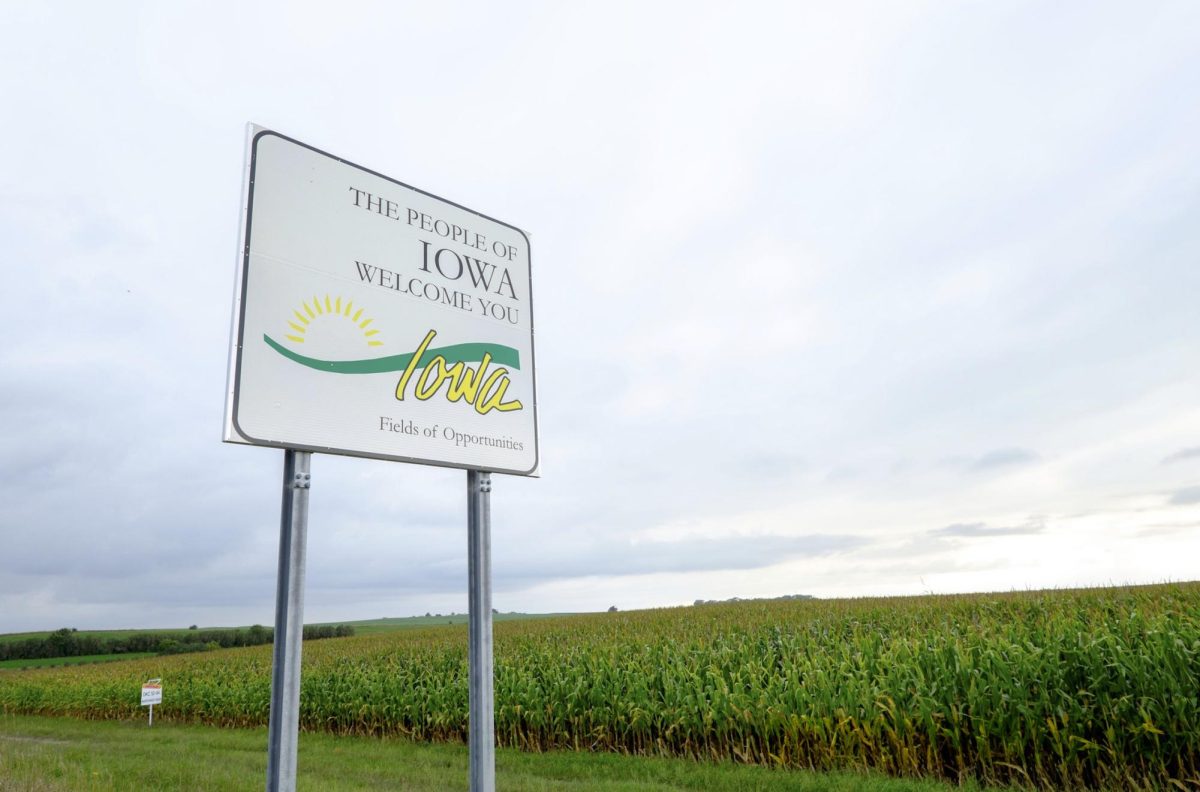What have you heard about the 2010 Pakistan floods? As Saint Louis University students, we tend to blame our misinformed nature on the SLU bubble- which traps our thoughts, actions and overall way of life- for not being as up-to-date with worldly current events as we should be. Isn’t that the new theme that SLU is trying to adopt? Aren’t we now “global citizens”? Yes, but it takes more than changing Blackboard’s name to “SLU Global” and putting flags on West Pine Gym to make us true global citizens.
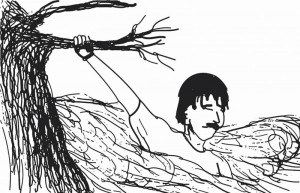
Let’s lose the apathy and let’s get informed. Let’s wonder together why the media has censored the 2010 Pakistan floods.
Why is there not enough media coverage? Picture yourself outside, naked feet sunken in the mud, sitting on a piece of wood that could have possibly been a part of your neighbor’s home.
Flies dive at your face as your three-year-old brother playfully sinks his tiny hands into the moist earth. Your home is gone, wiped out by waves of water you never saw coming. Your dad worries as your mom cries. A loud rumble disturbs your stomach, as you place your hands over it in a failed attempt to quiet the feeling. Hunger.
You know it’s useless to ask for food; it’s minimal. Your dad has lost his crops.
Where is the food going to come from? When is it going to get here? Will it? You don’t know. On July 22, 2010, Pakistan suffered its worst flooding in over 80 years.
It began in the province of Baluchistan and then spilled across the Khyber-Pakhtunkhwa Province in the northwest before flowing south in Punjab and Sindh.
The death toll that the floods have left range anywhere from 1,300 to 1,600, and the numbers only get larger. The flooding has covered 62,000 square miles – about one-fifth of the country – or an area larger than England, according to the United Nations. It has swept away major bridges and roads, which alone have an estimated damage of $76 million.
Nearly 20 million people have been considerably affected, and at least half of them need urgent help.
Where is this help? The United Nations has reportedly asked for international donations of $460 million, more than five weeks after the flood began, and as of now, only $300 million has been provided.
These floods could set the Pakistani people back not years, but decades. Because their economy is based largely on agriculture, it is likely that these people will suffer from both immediate hunger and long-term food shortages. “These floods have submerged about 17 million acres of Pakistan’s most fertile crop lands, in a natian where farming is an economic mainstay,” said Adam B. Ellick, a reporter The New York Times, said.
The reality that we don’t get to see is that the Pakistani people will begin to starve without our help, without our resources.
Worst of all, they have probably already started to. Think back on the time when the Haiti earthquake struck; there was no way to avoid knowing about it. There were tons of groups raising money. Personally, I couldn’t walk into the Busch Student Center without getting bombarded with Help Haiti signs. Not that there is anything wrong with that, but where are the “Save Pakistan” signs? These floods have gotten minimal coverage. Not only are there no obvious Pakistan support groups on campus, but most people know little to nothing about the floods that have been going on since this summer.
Let’s get the voice out there. Let’s be informed and let’s inform. Make a blog, look up an article and read about it. Tell a friend and acknowledge it.
It’s not something that can or should be ignored any longer, because the pictures are indescribable, the numbers are astonishing and yet we silence their voices with silence.
Daniela Mondragon is a sophomore in the College of Arts and Sciences.










